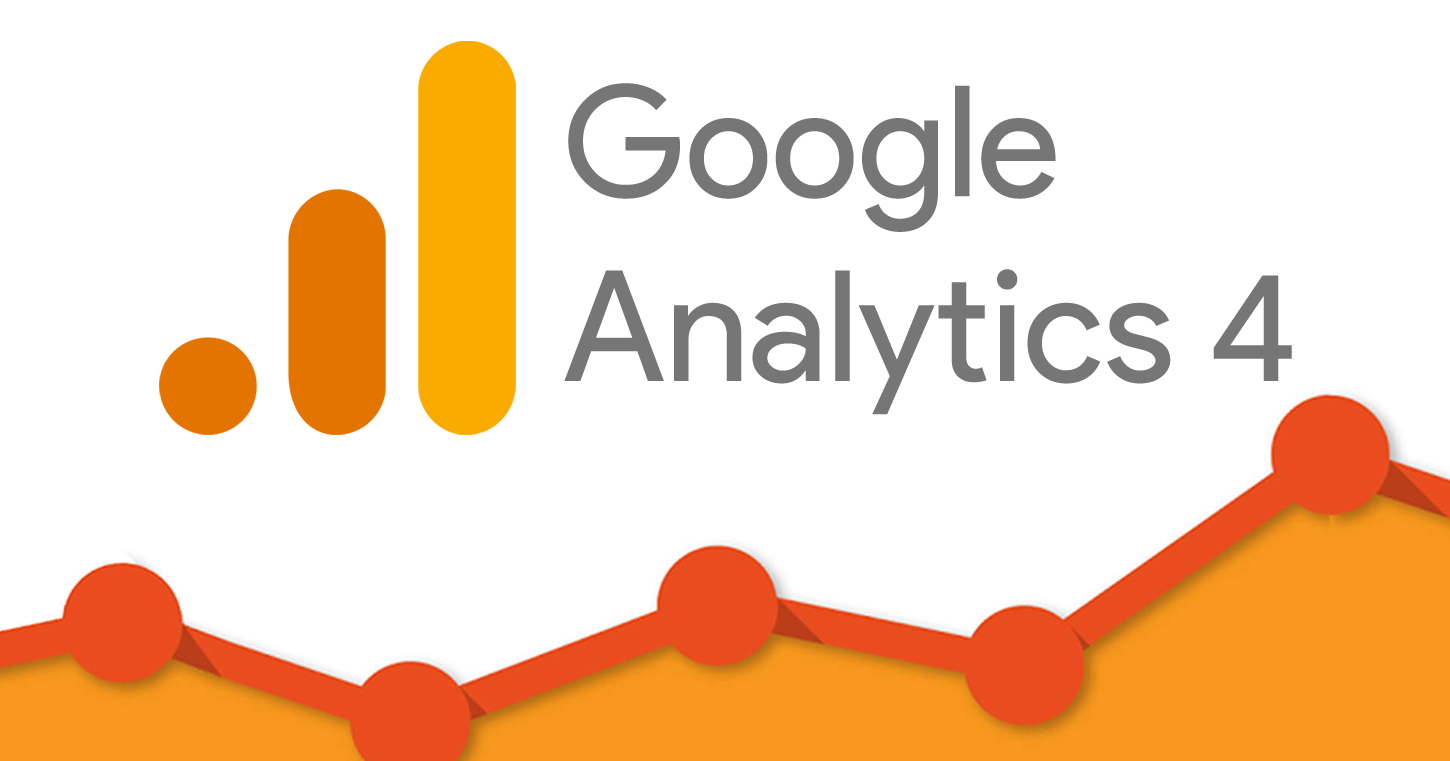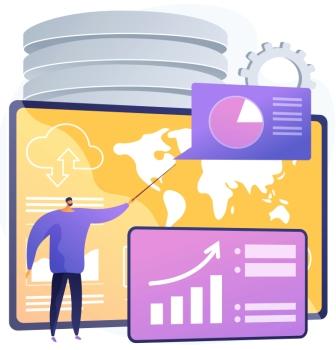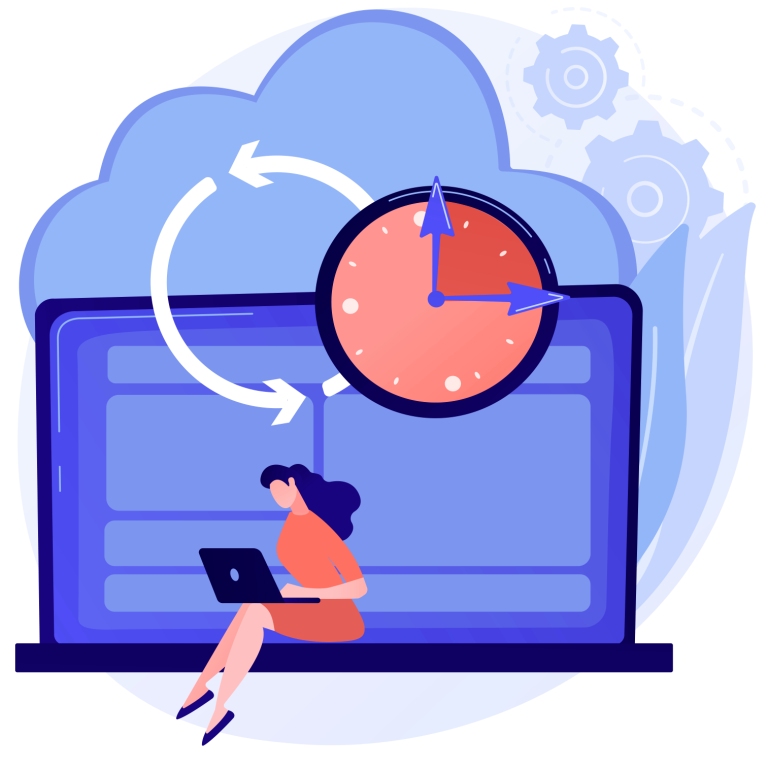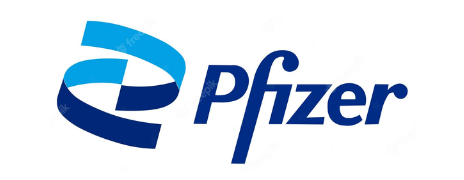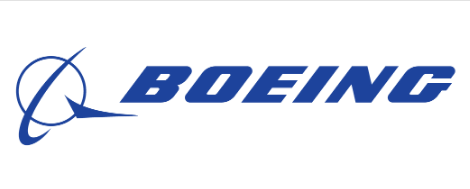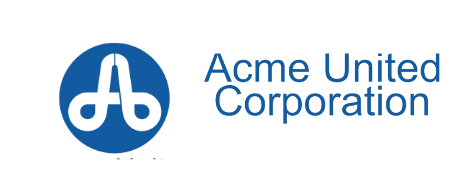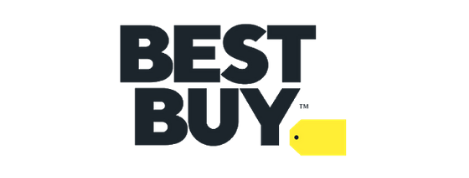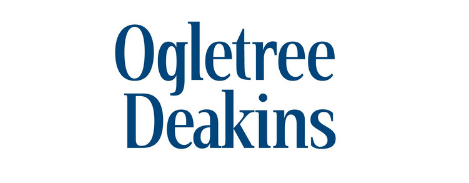Google Analytics 4 Consulting
Empower your digital products with the power of web analytics, and lay your hand on the right data set, which can help you derive better and well-informed business decisions leading to growth.
We can help you with auditing and optimising your current systems, migrating to newer versions while maintaining data integrity, implementing custom feature builds per business requirements, and managing the system over time for continued performance.
We build GTM containers with tags, triggers, variables, and related configurations. Once installed in your website codebase, you can efficiently manage and replace Google Analytics and third-party tracking codes using GTM Dashboards.
With robust tools from Google Analytics, we refine the data sourced from Google Tag Manager and extract insights that can help optimise business processes and make better business decisions.
Whether it's inspecting the Google Tag Manager implementation, helping you switch from universal analytics to GA4, checking compliance, or optimising via advanced strategies and fixes, we can take care of it all.
Supercharge tracking funnel by configuring server-side GTM, which can, in turn, help you bypass ad blockers, reduce page load, extend cookie expiration time, have more control over data privacy, and more.
Seamlessly manage and control cookies, deploy scripts, and trigger events based on user consent, all while maintaining a user-friendly and legally compliant online environment.
Track user behaviour, engagement, and website performance to make informed decisions. Gain a comprehensive understanding of your online audience, optimise content, and improve user experiences for enhanced digital success.
Ensuring all the processes are in compliance and working as expected, from firing tags, triggering promotions, and conversion trackings to keeping cookie content in check.
We've been transforming the Information Technology space since 1999, and up until now, we've been most successful in our pursuit of creating a culture that provokes innovation.
Google Analytics is one of the most powerful tools for tracking user behaviour and web traffic across various digital products, including apps, websites, and SaaS software.
Launched in November 2005, this tool has captured approximately 90% market share (approximately) since its inception in web analytics.
Robust features like an analytics dashboard, report generation, tag management, real-time event tracking, funnel analysis, in-built automation, and predictive analytics help to maintain its number one spot as the web analytics tool.
The cutting-edge analytics and reporting tools empower various levels of management to deploy data-driven decisions instead of just making a gut decision.
This, in turn, helps to generate better ROAS and ROI, two critical factors that can make or break an organisation in the current times.
The latest version of Google Analytics is GA4 or Google Analytics 04, an upgrade from the Universal Analytics previously deployed by Google.
Launched in October 2020, Google has made it mandatory to migrate to GA4 on or before July 1st, 2023. Post that, the tech giant will stop the support for Universal Google Analytics and seize all data processing for the same.
If your organisation still uses the old Google Analytics, switching to the latest version is advised to prevent losing critical data sets. This might include data from events, goals (Conversions), content groupings, custom dimensions/metrics, referral exclusions, audiences, and more.
Moreover, some key benefits come with the migration, such as enhanced tracking, robust data privacy, cross-device tracking, better predictive analysis with machine learning, multi-level conversion events, customizable bounce rate tracking, seamless integration with input sources such as Google Ads, and much more.
Google Tag Manager is a central tag management system that allows the use of data collected from digital platforms for multiple use cases on multiple processing platforms.
This includes integrating Google Analytics, Google Ads, LinkedIn Ads, Facebook Ads, and much more to benefit from the user data collected from the digital products.
Three major use cases for the collected data set are data analysis, conversion tracking, and running remarketing campaigns in the multiple ads platform.
With Google Tag Manager, you have to edit the website code only once while setting up, and from that point onwards, you can manage a vast number of services that depend upon this data collection from this tool's dashboard.
It also helps to increase the security of the digital product as the code is not tampered with every time you have to source data for a new integration.
And on top of that, you have enhanced control over when to fire an event for data collection, which can reduce the chances of slow loading times for digital products.
Google's Universal Analytics, or Google Analytics 03, was launched in 2005 long ago. During early 2000, the way people interacted with digital products was limited, but the landscape has shifted dynamically over the past few years. This called for an update that could better serve data privacy and has new data.
Google Analytics 04 uses a new measurement model based on events and parameters instead of sessions and pageviews, a limited way to track web traffic. The event tracking is highly customizable and empowers the user to collect richer data sets for generating better insights.
With the special 'enhanced measurement,' a user can automate tracking without playing too much with the code base of the digital products. It can help you collect pageviews, scrolling data, outbound clicks, video interactions, website searches, file downloads, and more.
Data retention takes a strike because users can only retain data for up to two or fourteen months and nothing in between. The previous version was more capable in terms of this functionality.
Moreover, the data schema for storing data from the web and mobile analytics is the same in Google Analytics 04; the newer version is more robust in cross-platform tracking and analytics.
It comes with privacy features, such as IP anonymization, which hides the last three digits of the recorded IP addresses. Also, a more effective machine learning algorithm is used to power the predictive analysis capabilities.
The bounce rate has been completely removed since it was an incomprehensible factor, which can differ for each digital product. It has been replaced by engagement rate, which can track better using engaged sessions, engagement rate, and engaging sessions per user.
This is just a brief idea of how many changes have been implemented in the new version of Google Analytics. You can always ring us up for a more detailed discussion, and we'd be happy to help.
VGroup is a certified Microsoft Gold Partner, the highest affiliation level from Microsoft.
Moreover, we have Subject Matter Experts in IT Solutions with industry experience managing hardware, software, network infrastructure, and more.
Additionally, VGroup has a cumulative experience of two decades, and we've been transforming Business since 1999. Products we've built have won American Business Awards and have been nominated for other recognitions.

